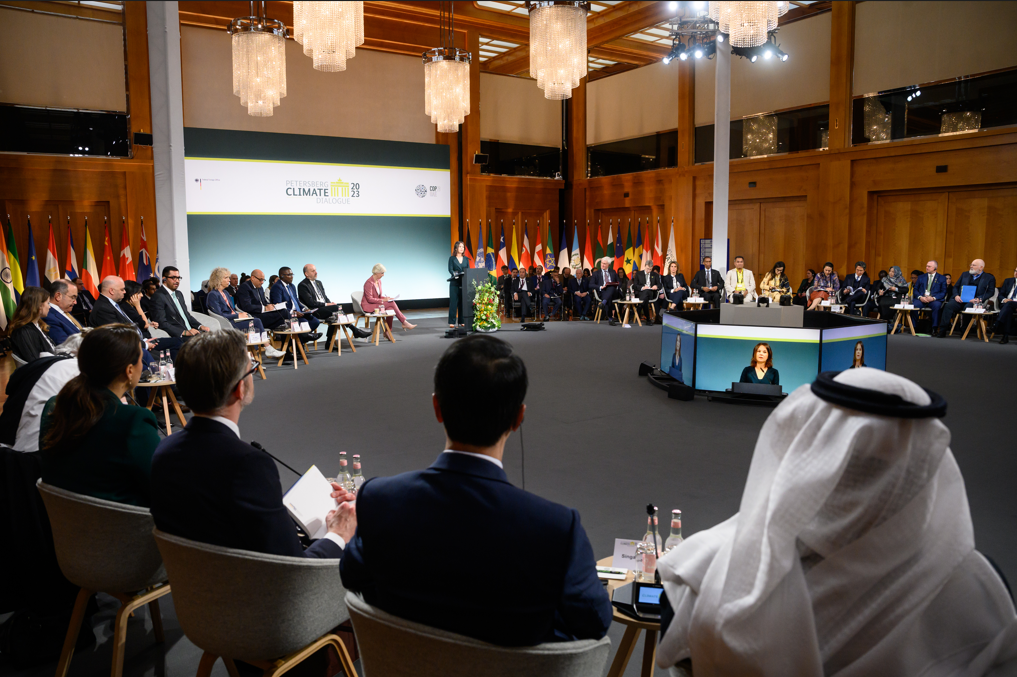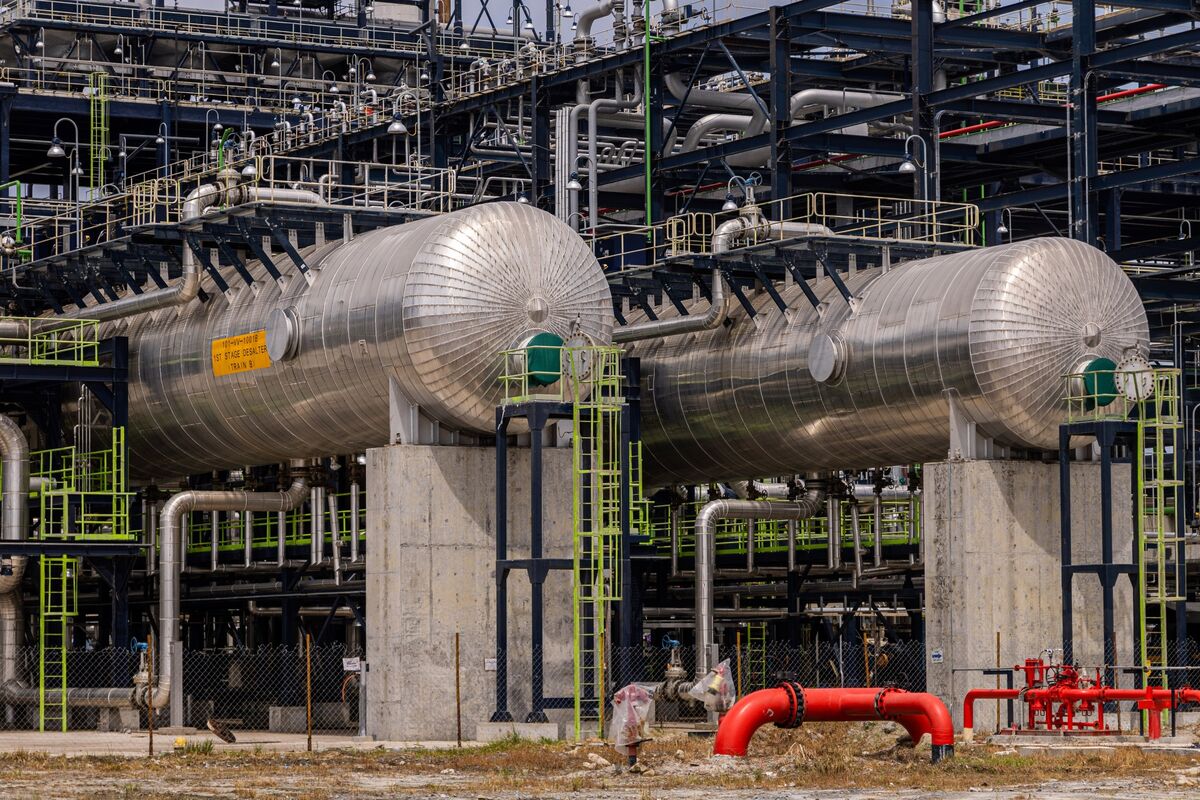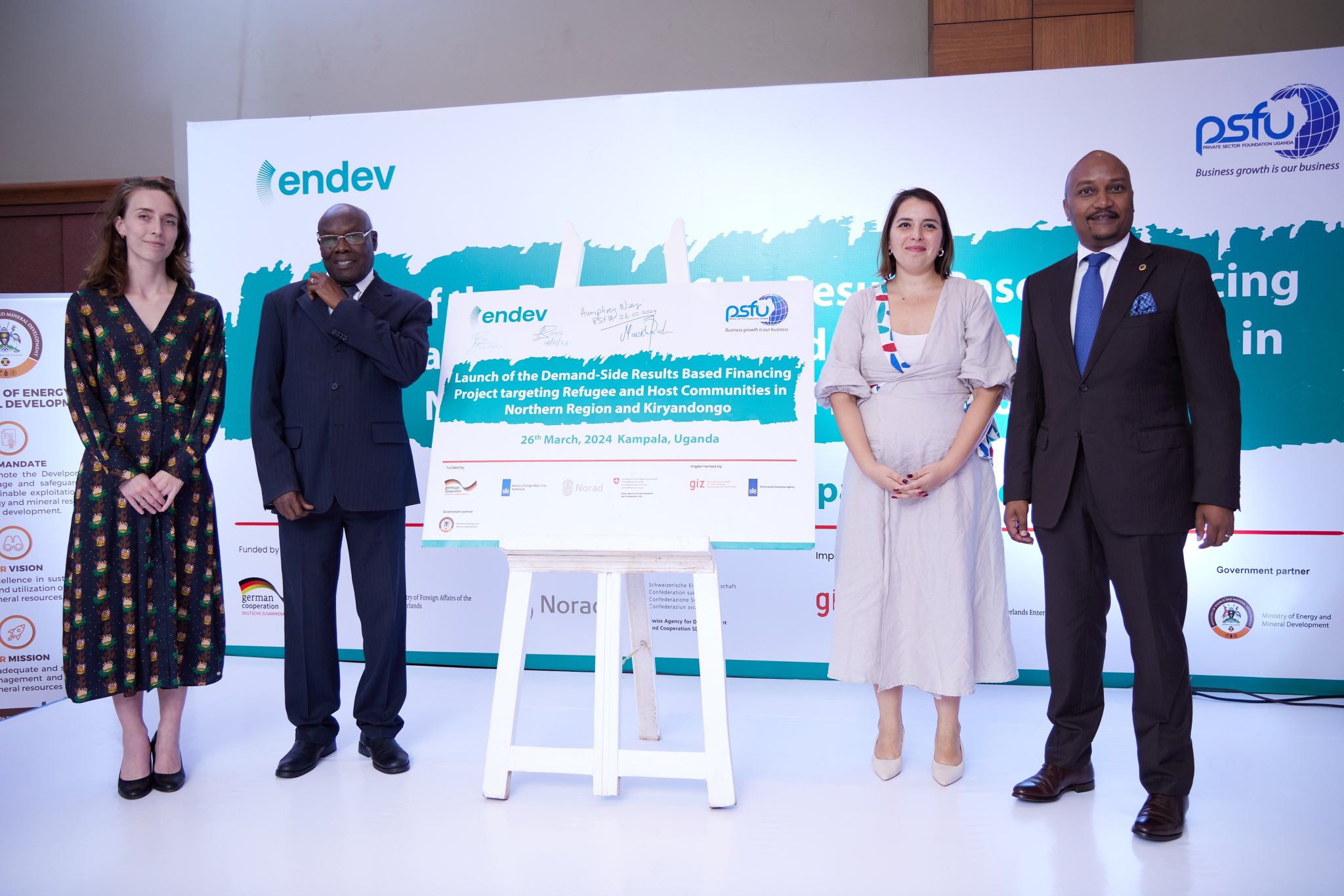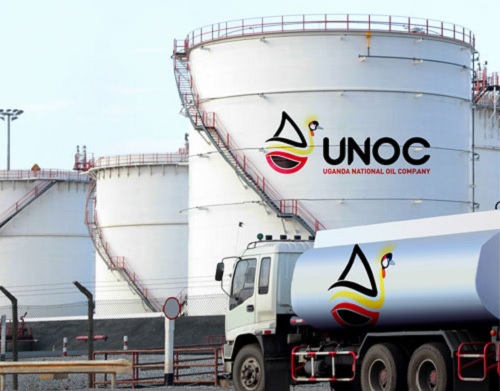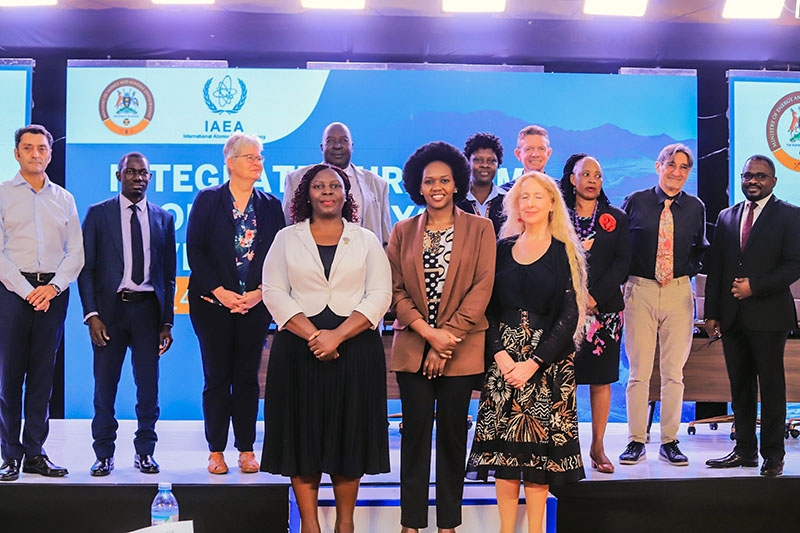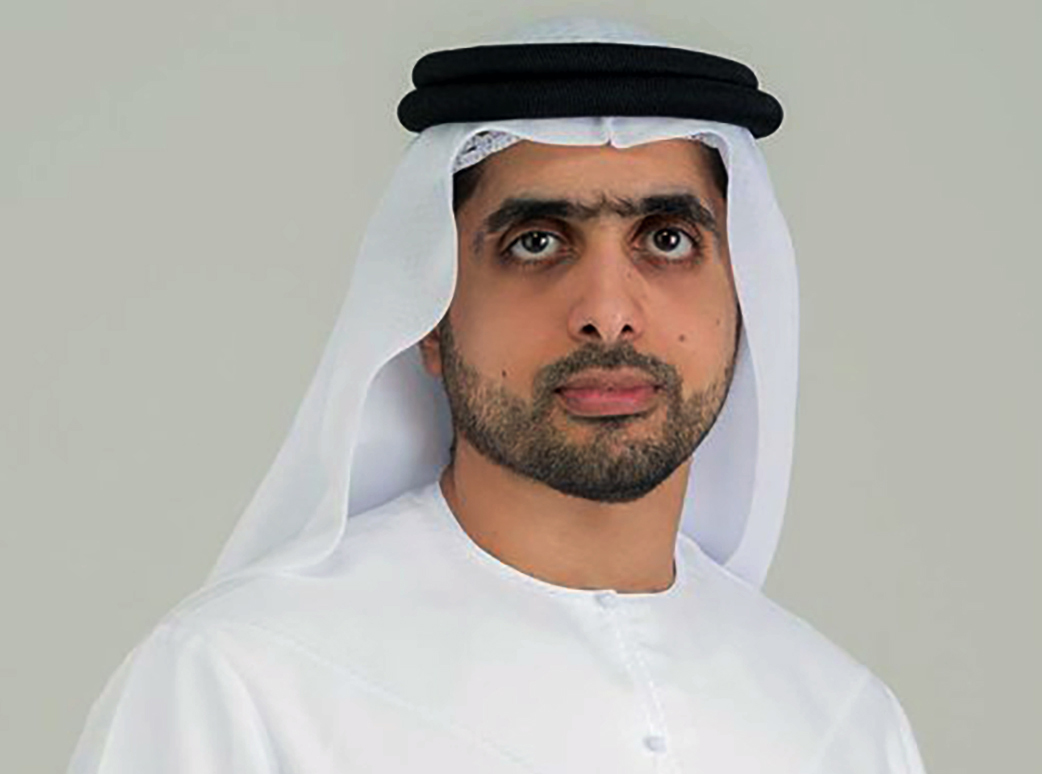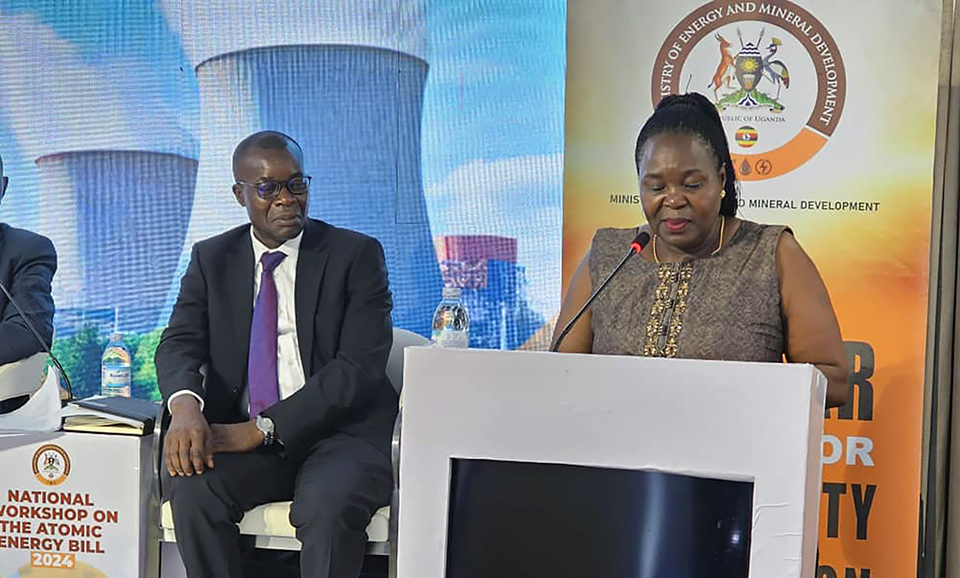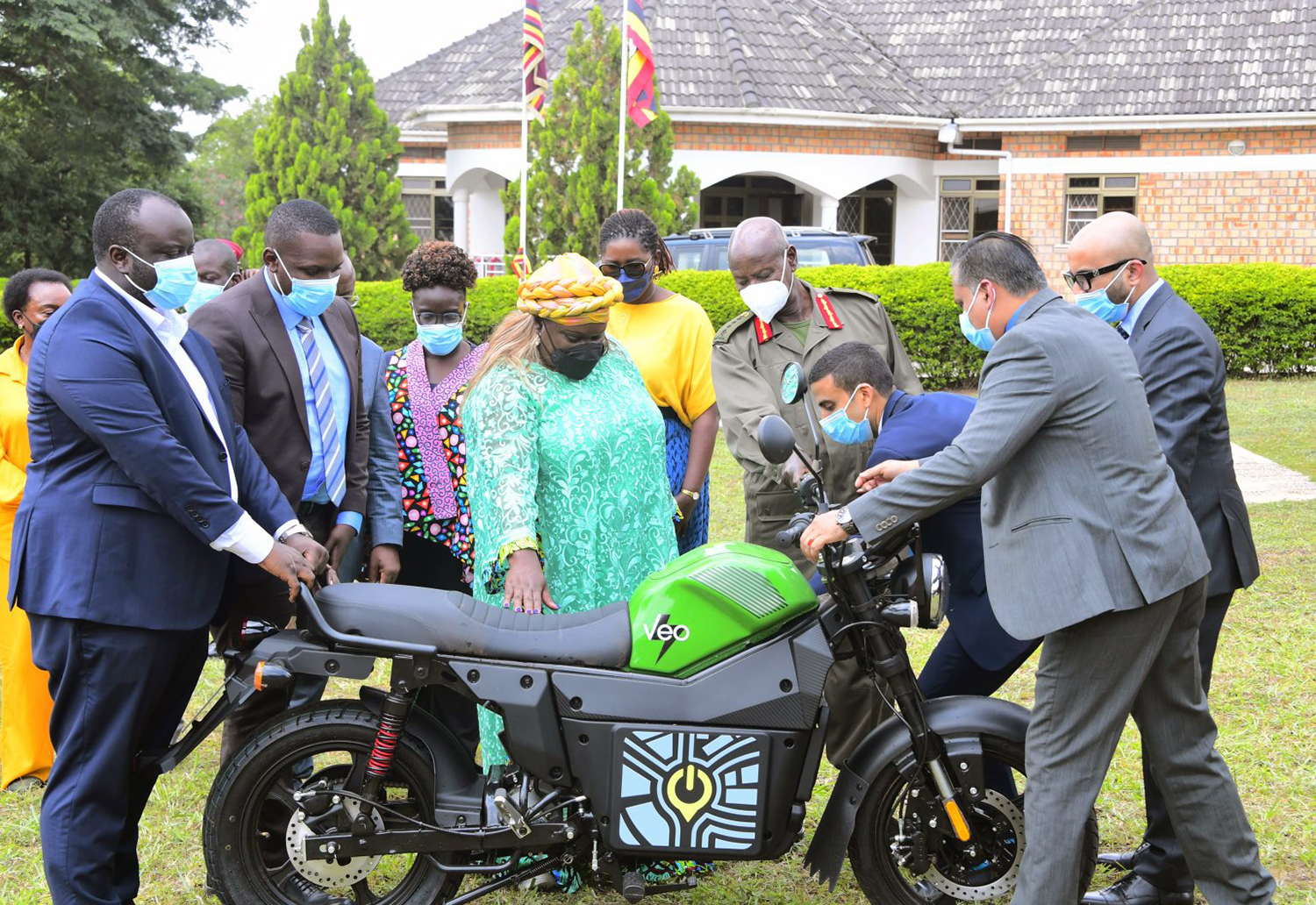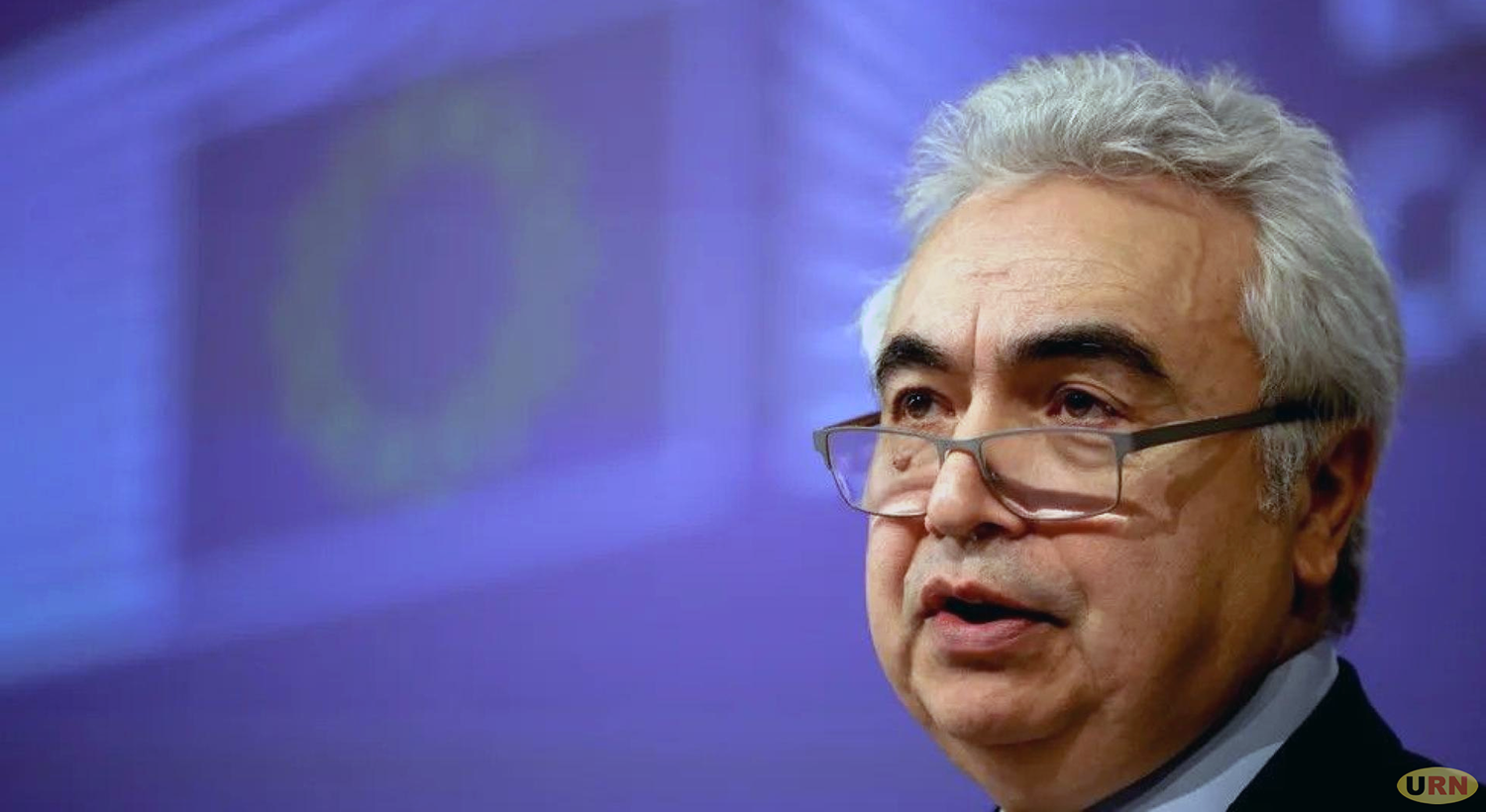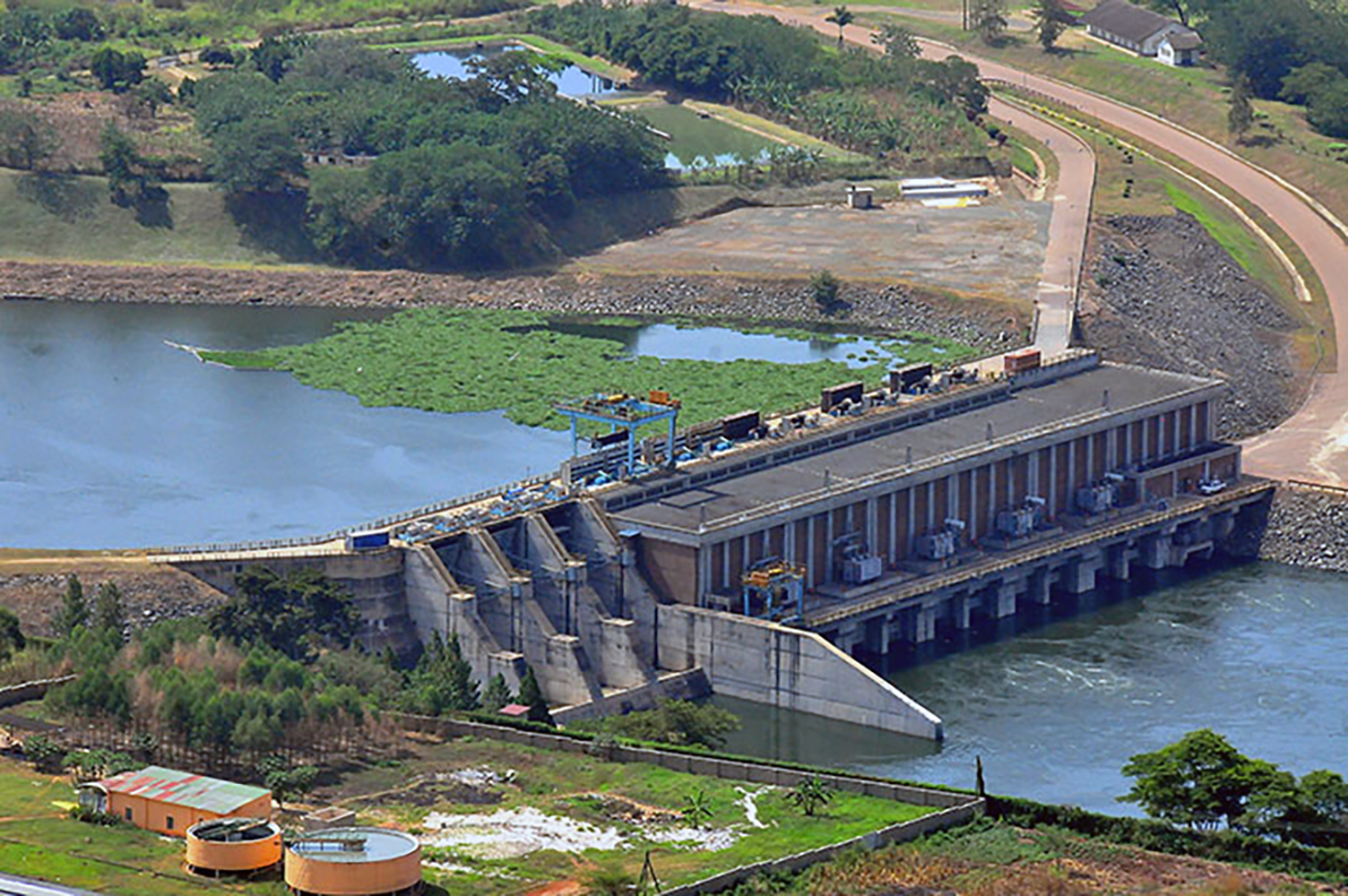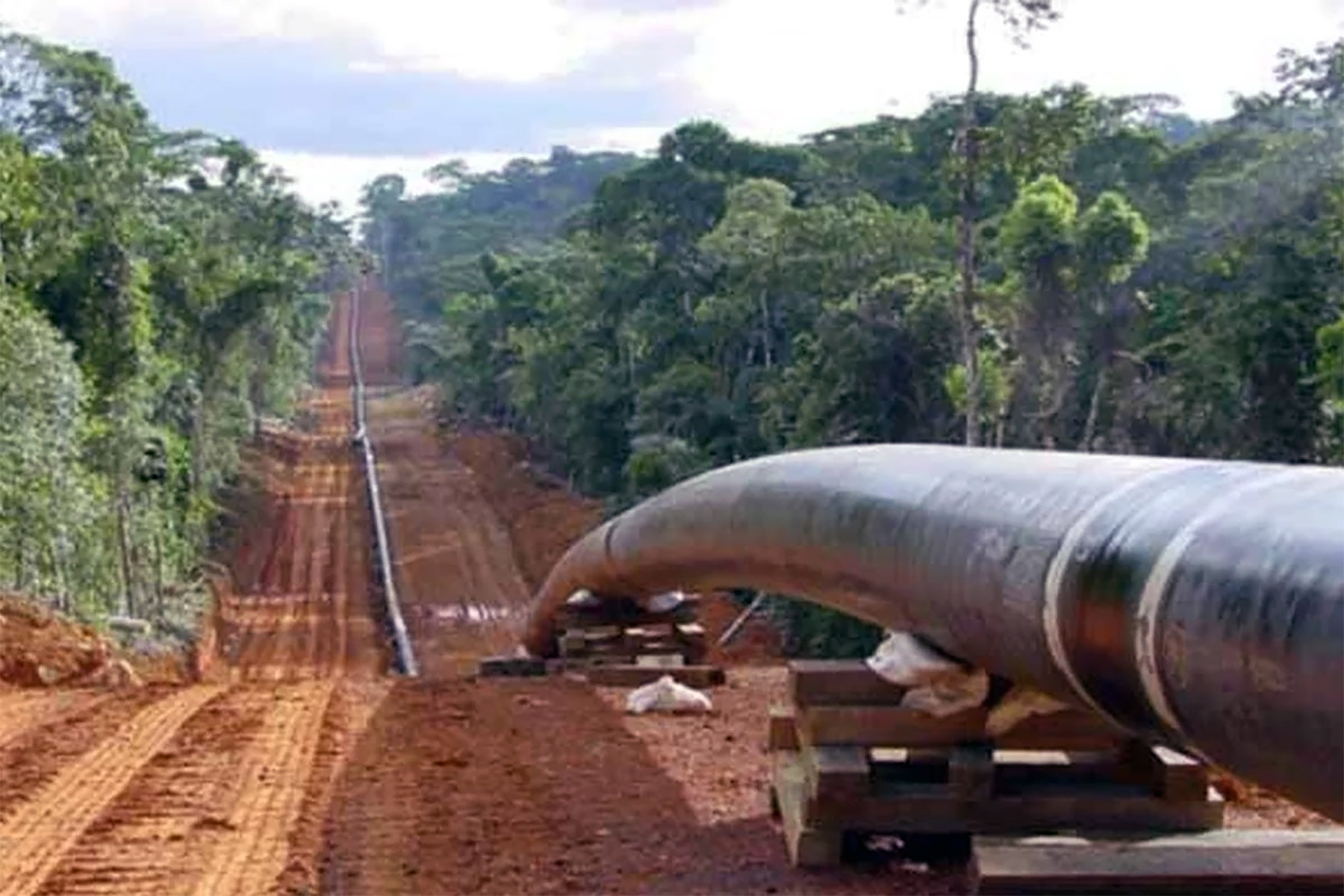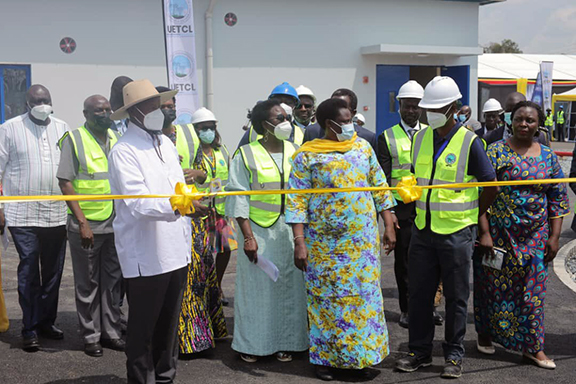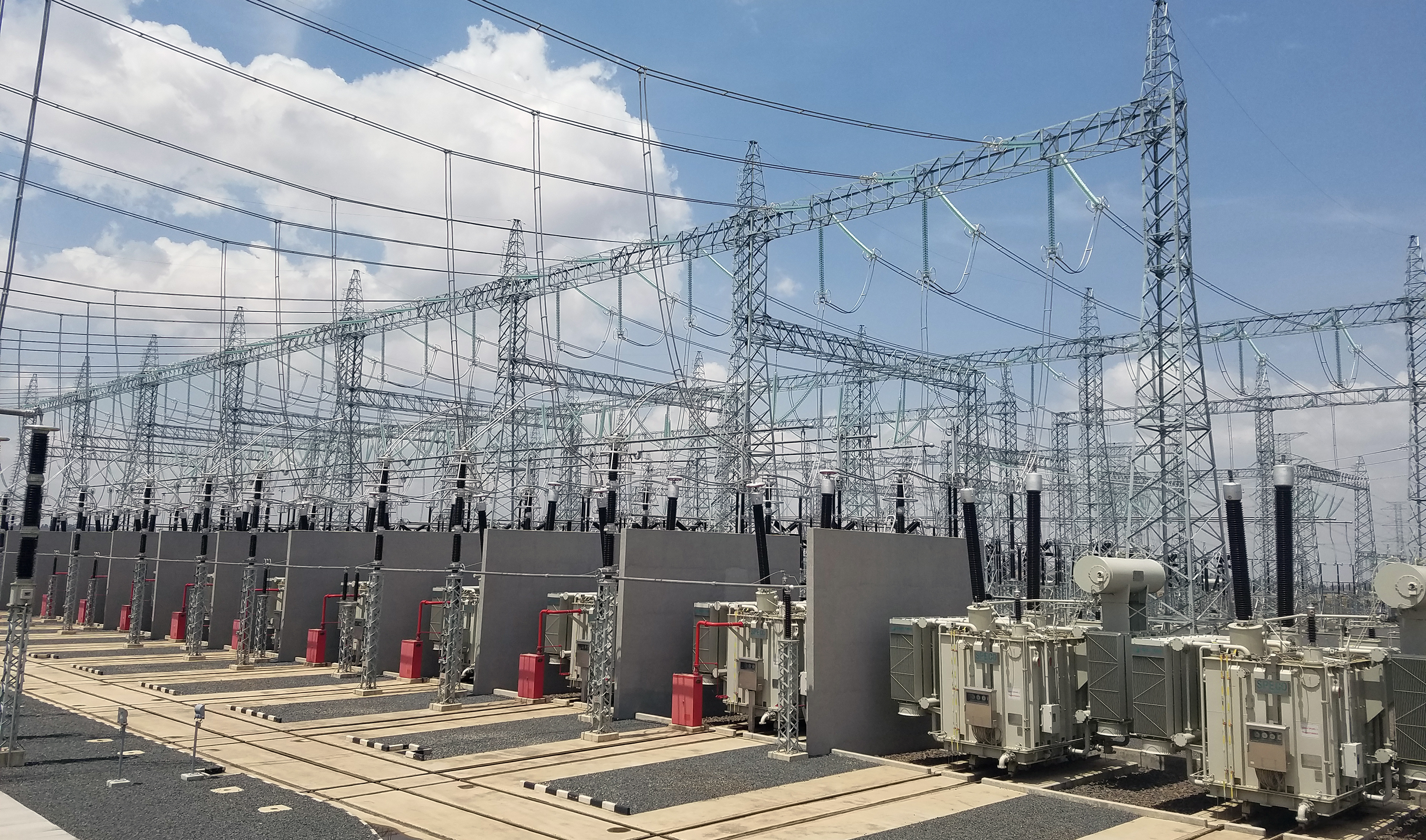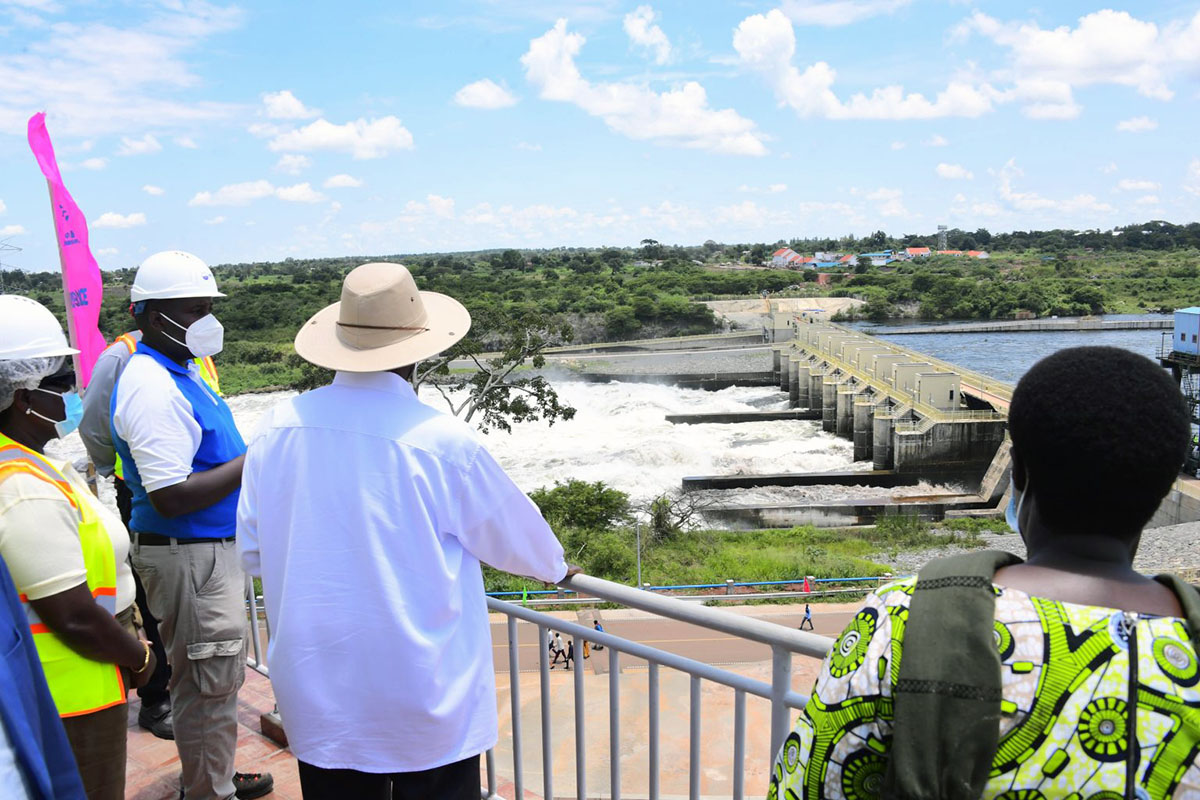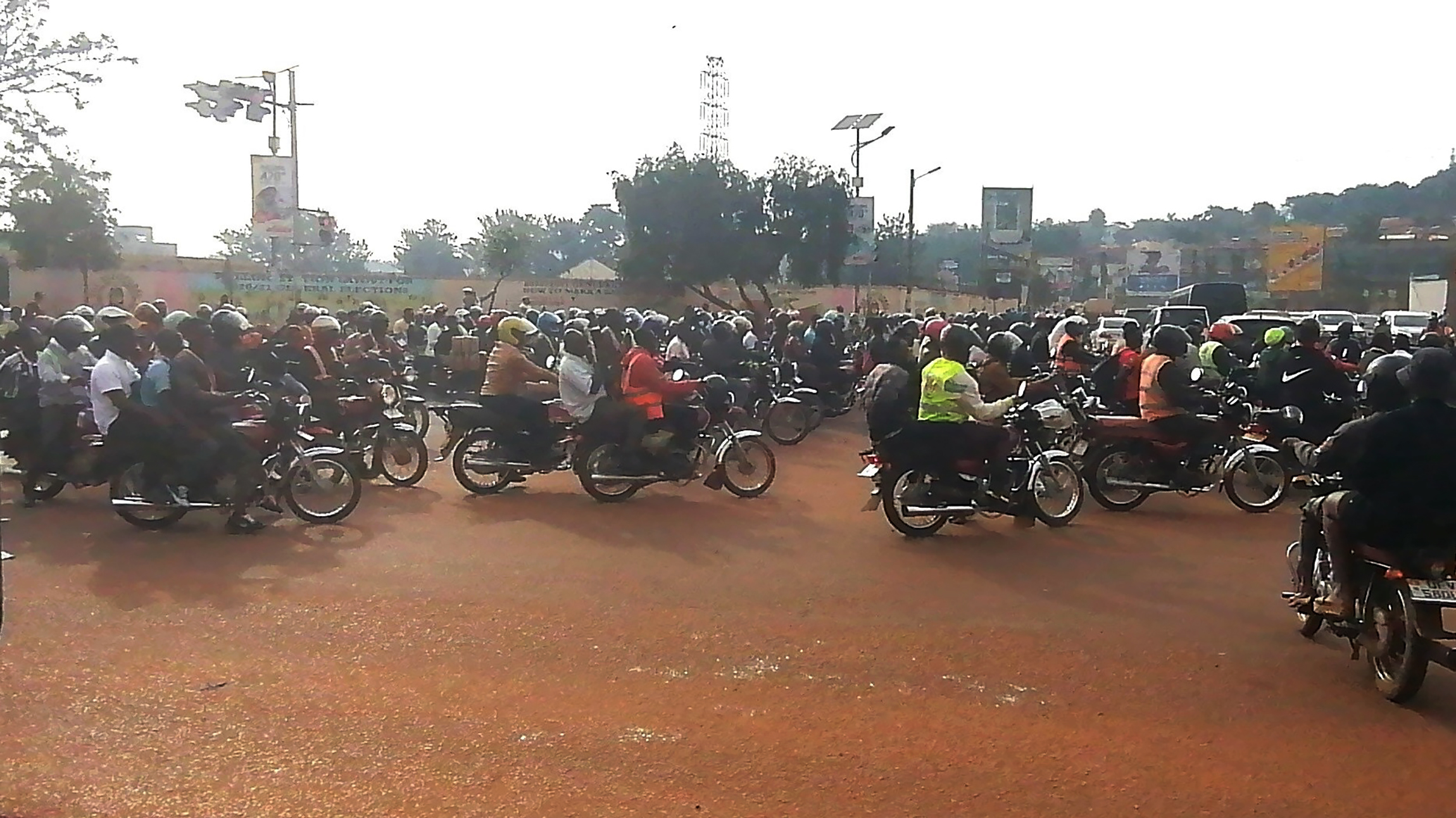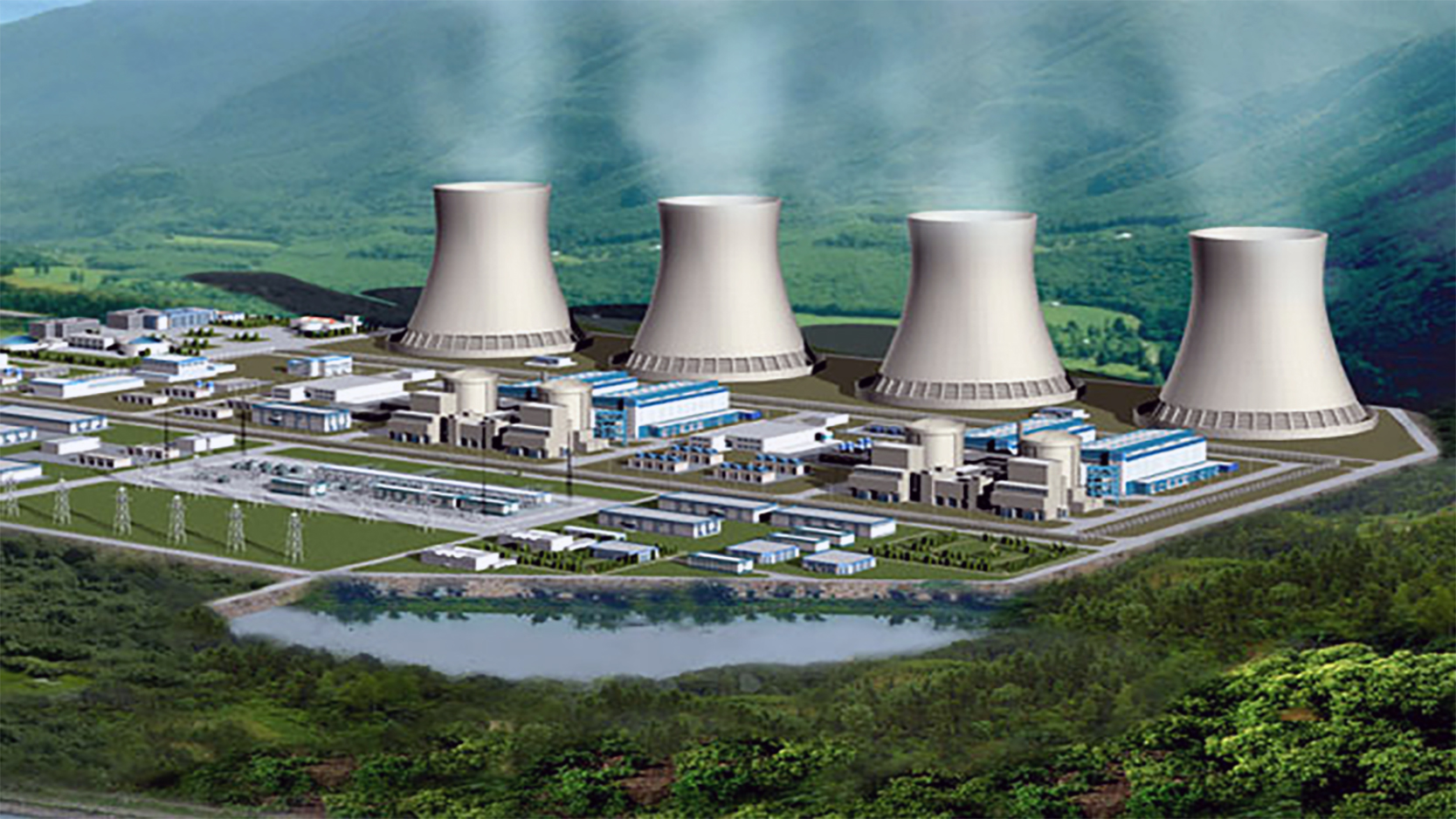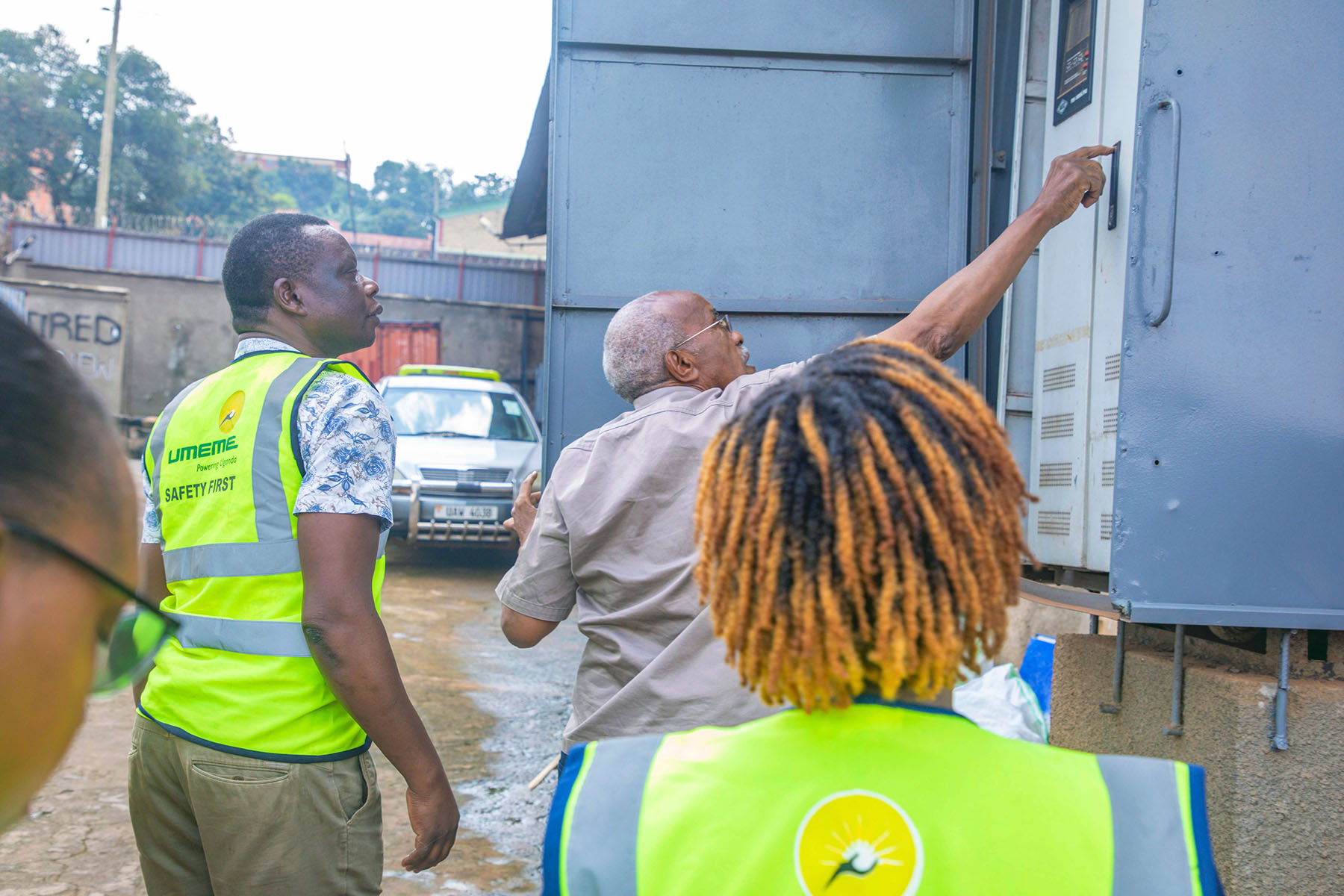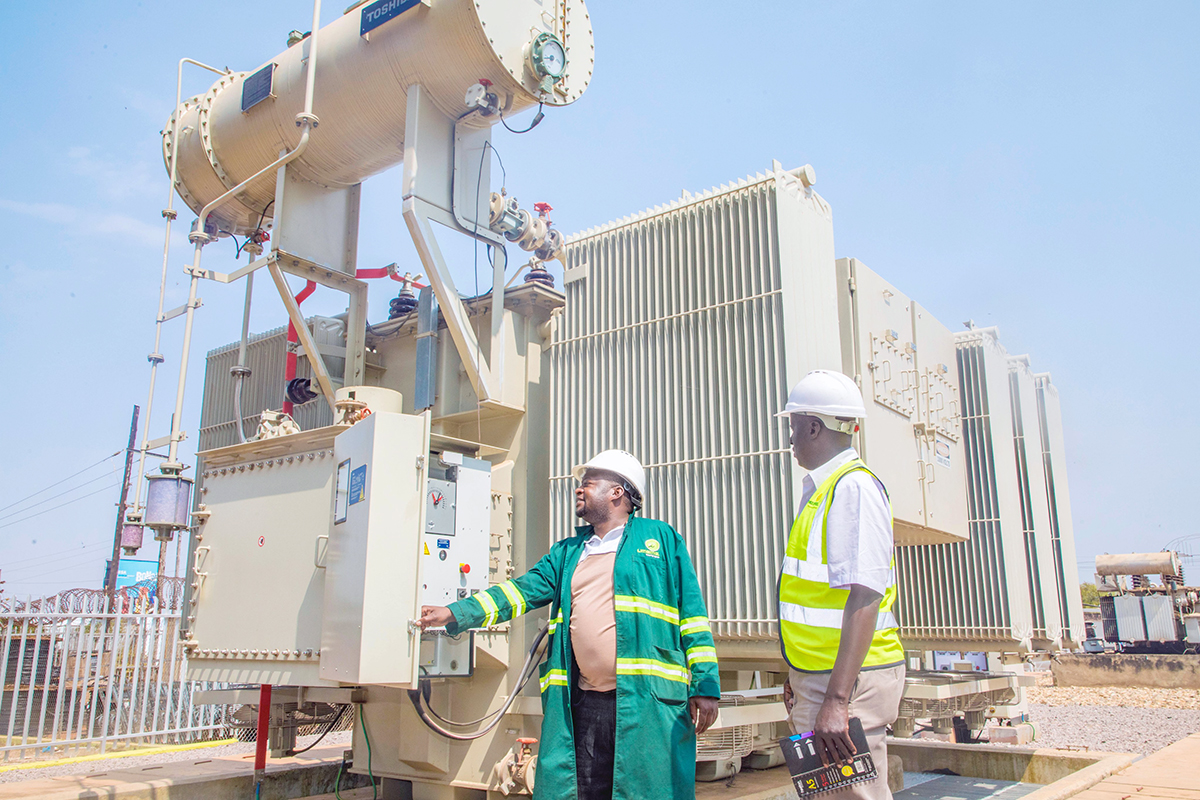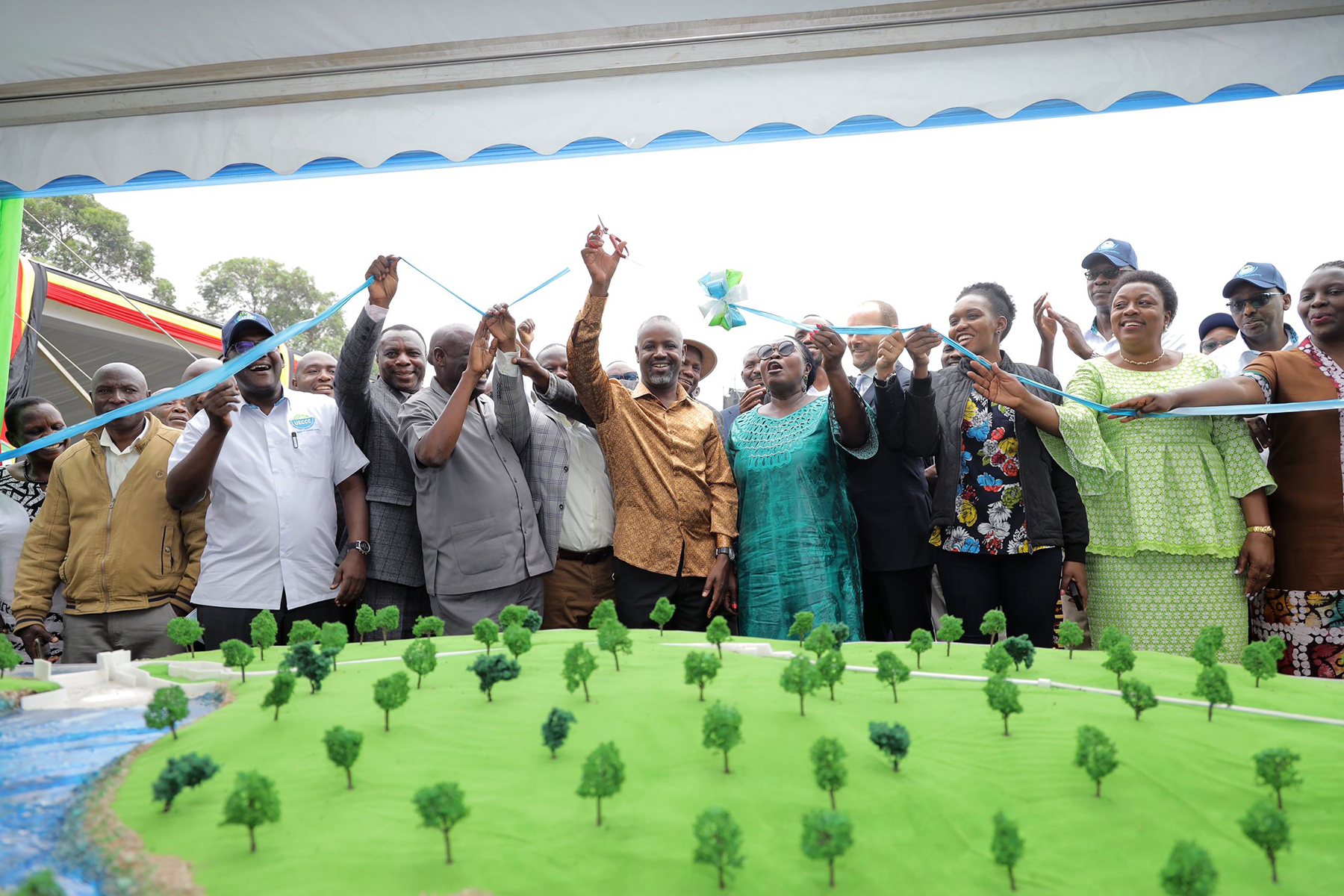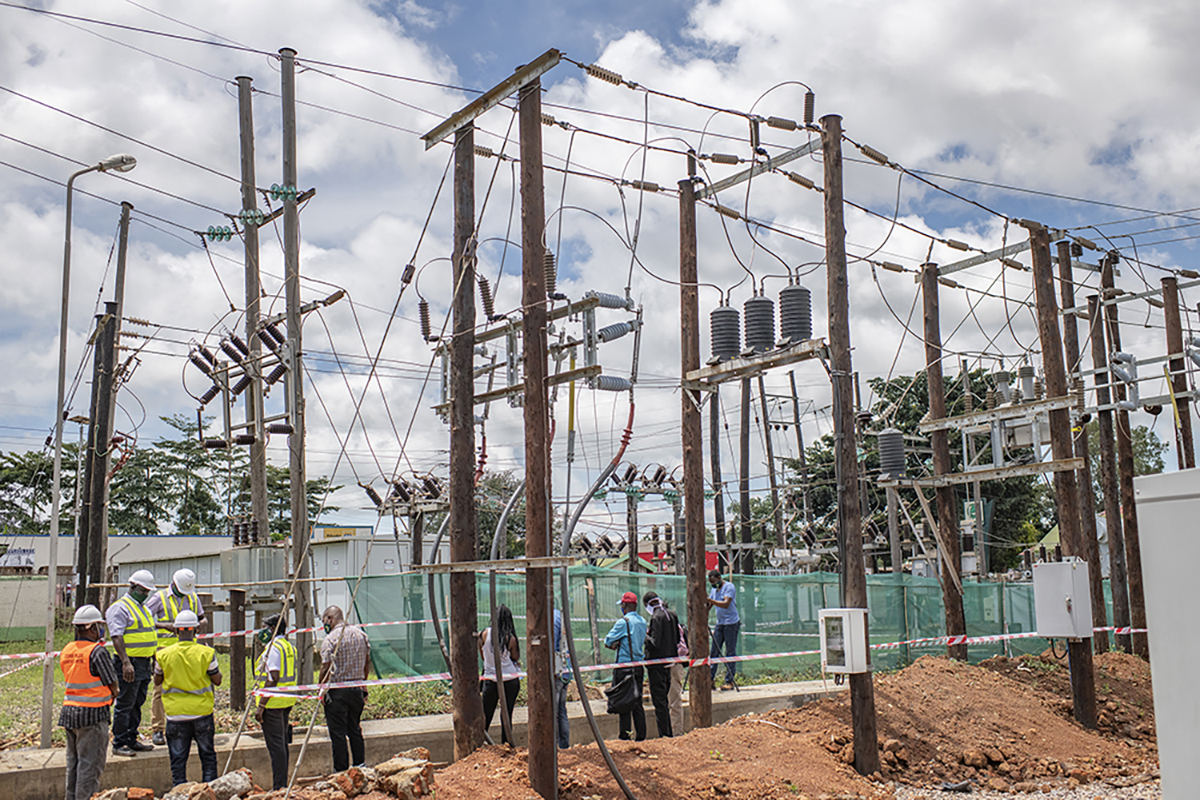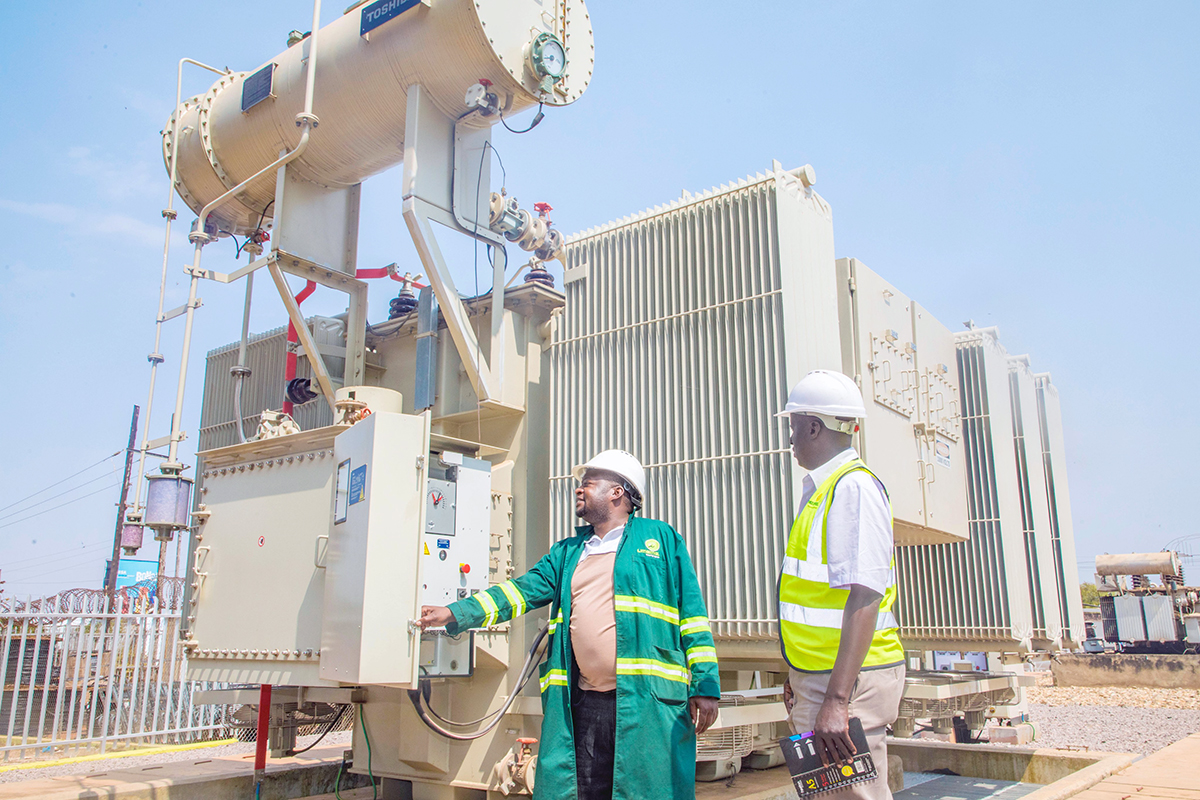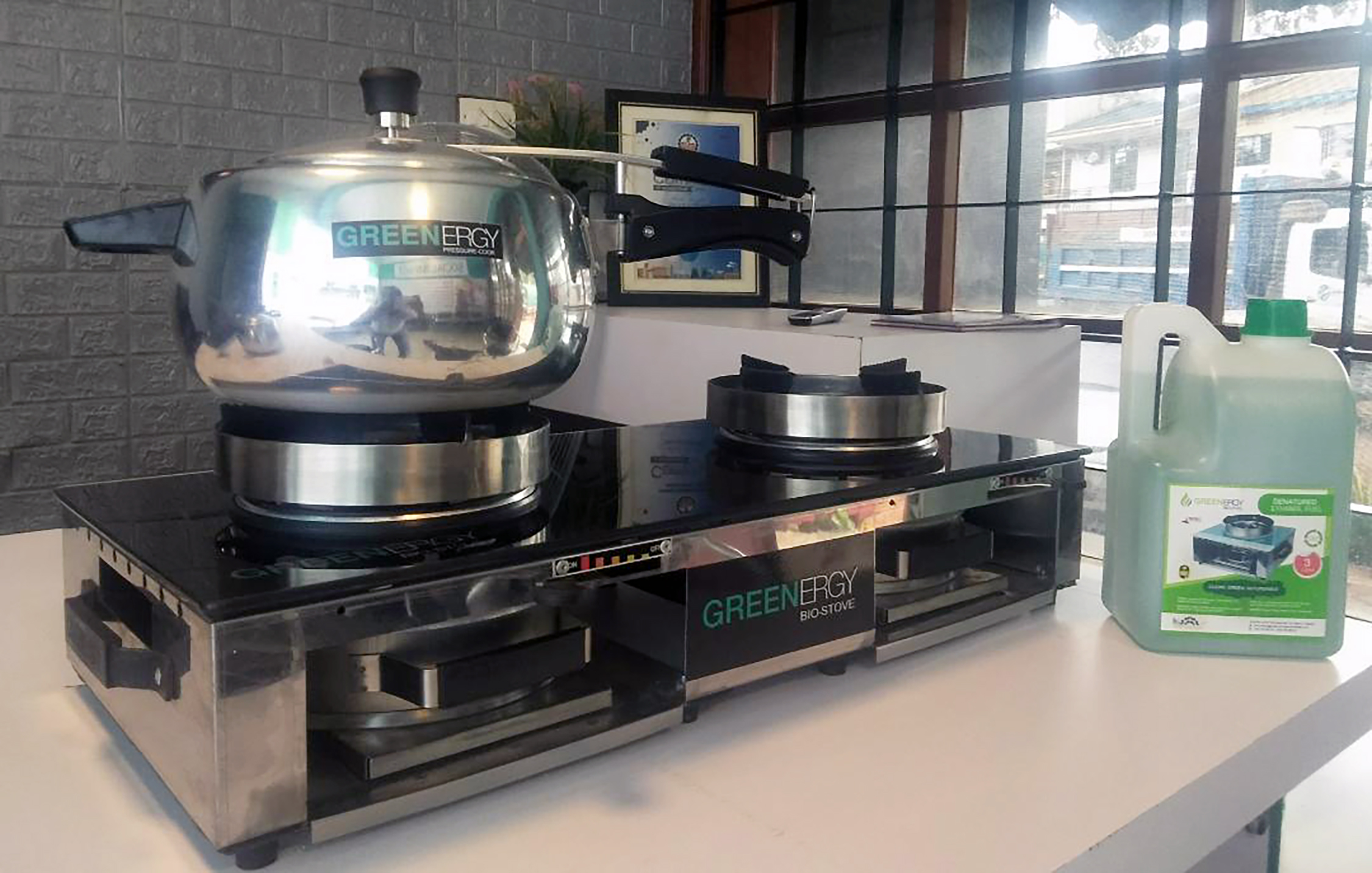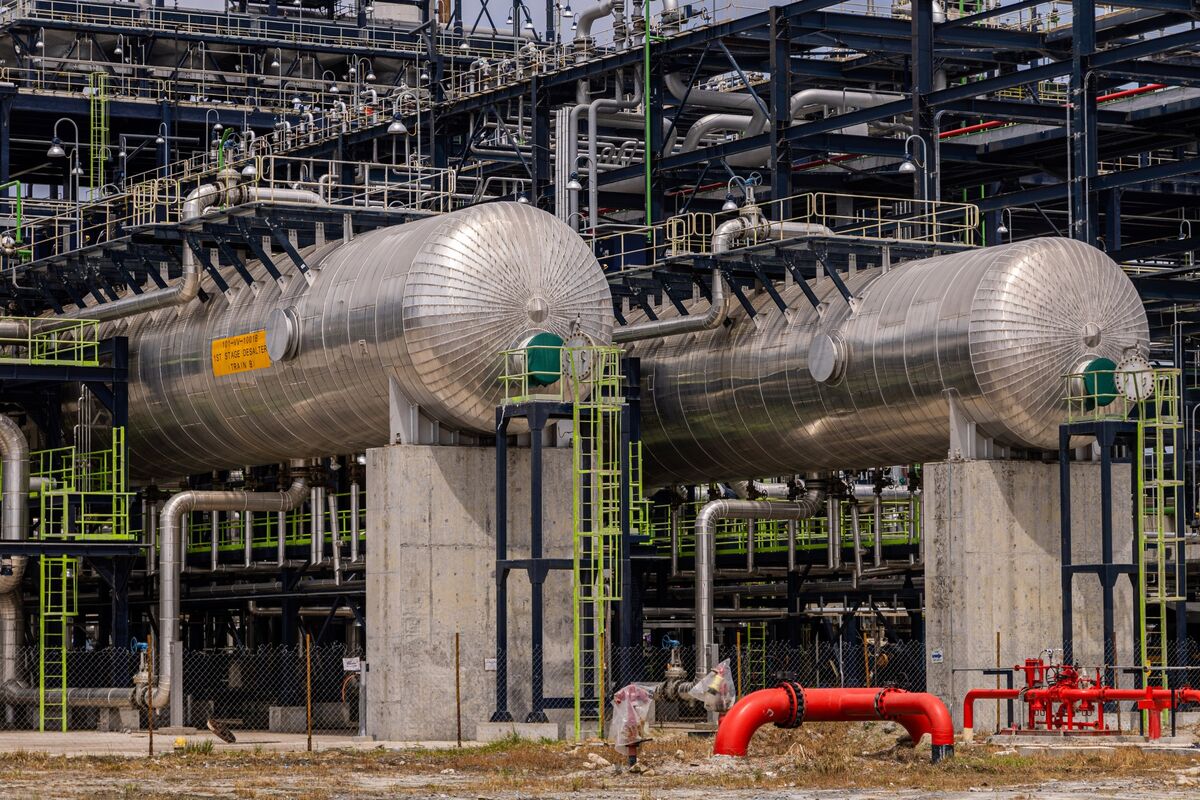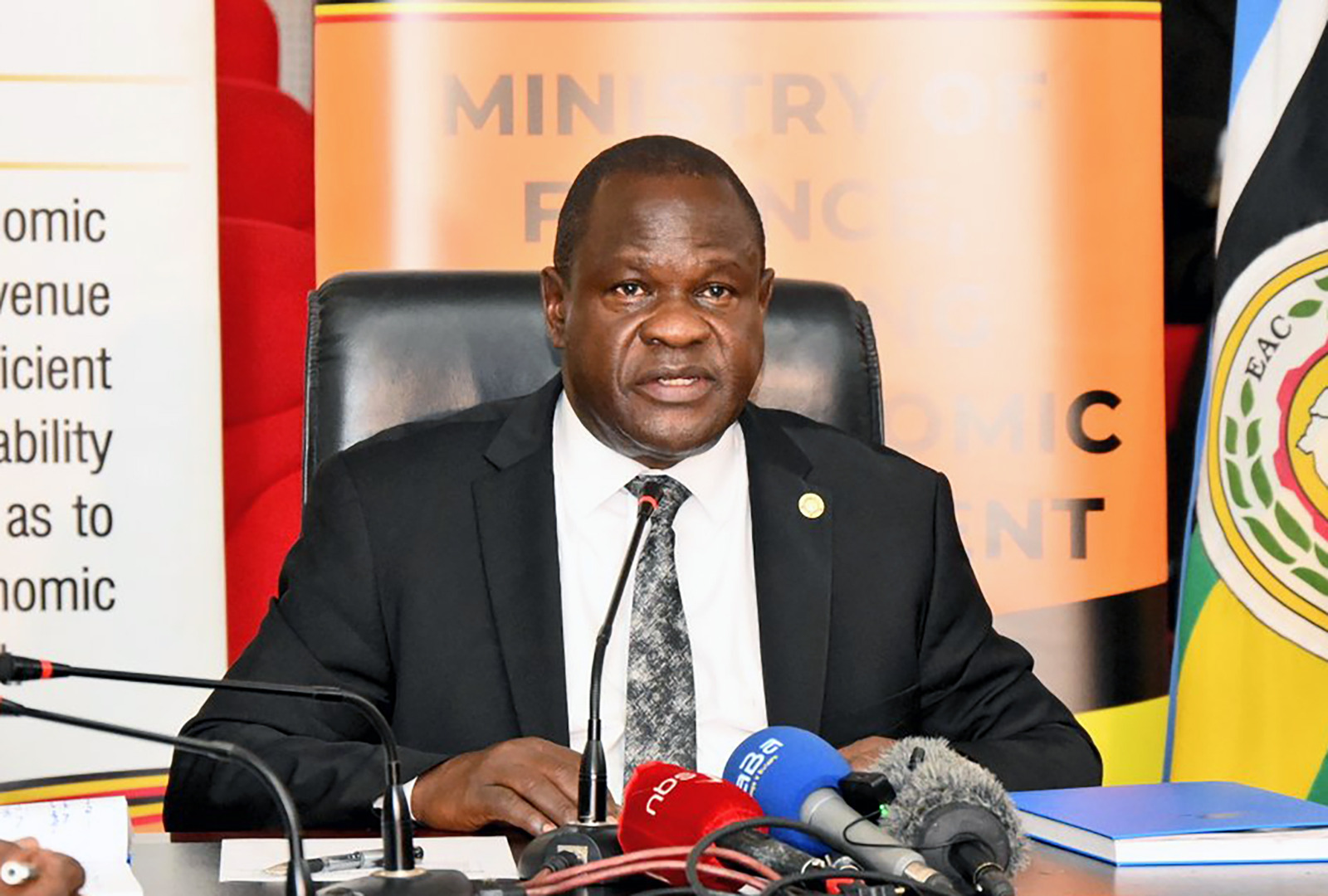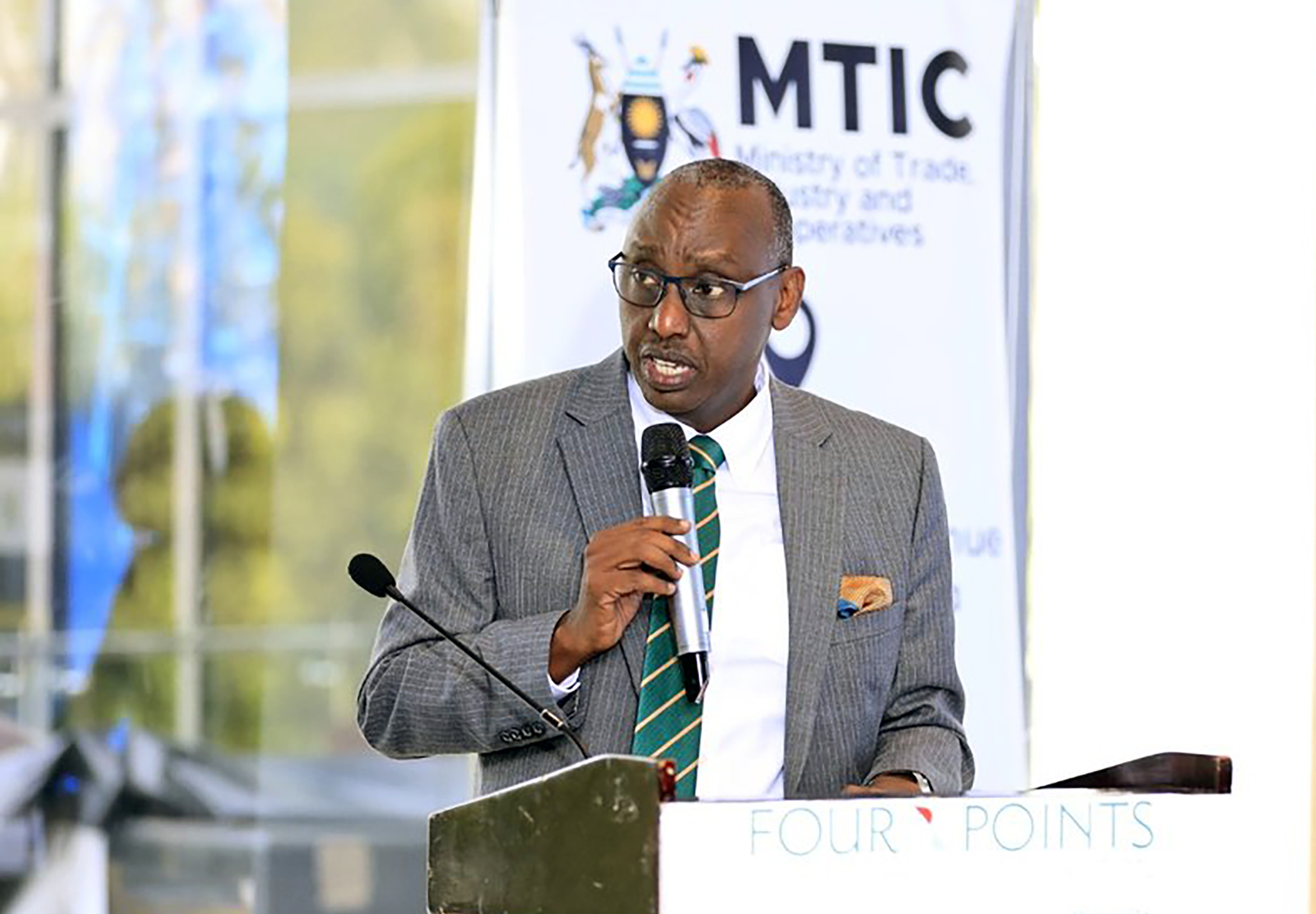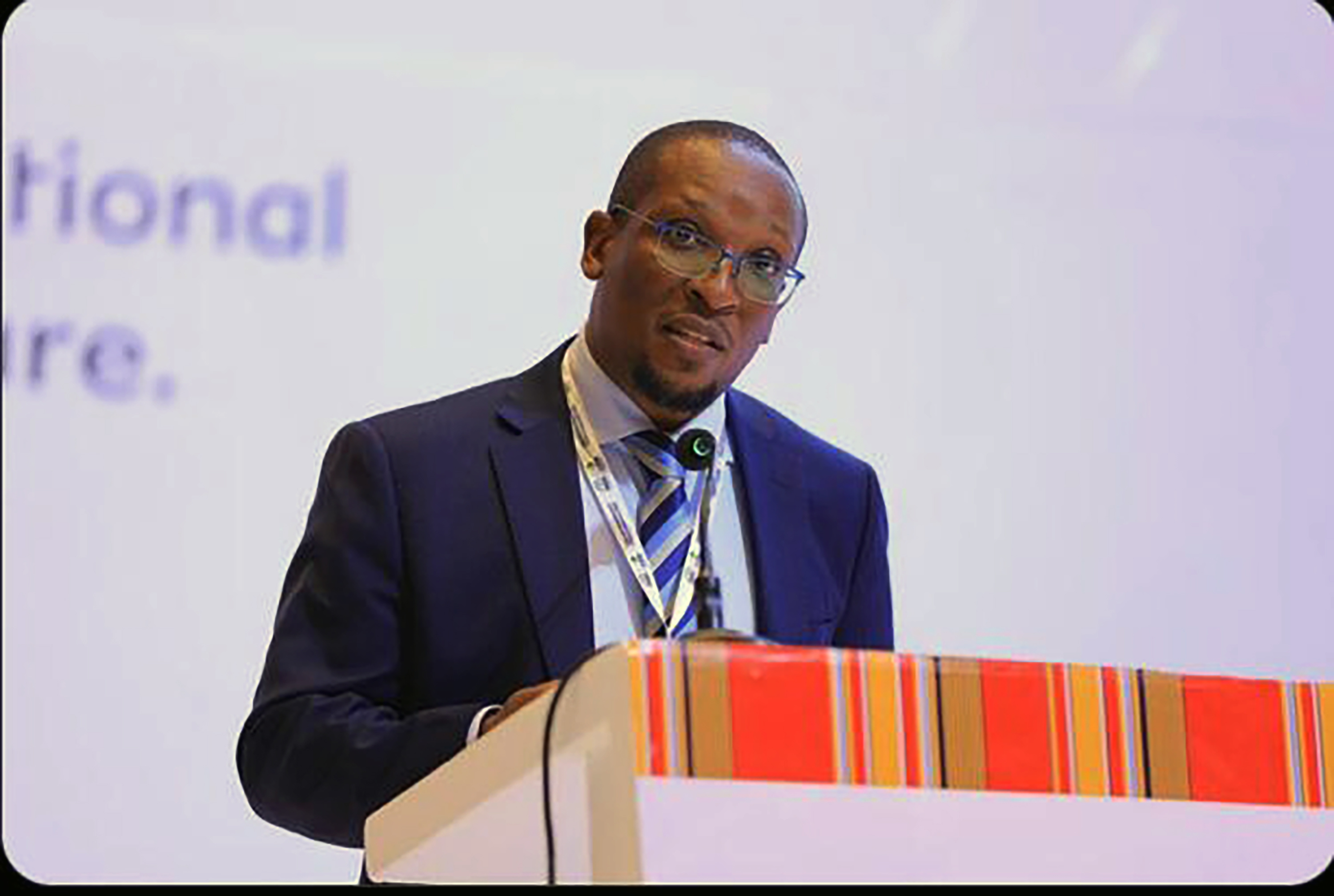EU to spend EUR3.4 bn on renewable energy push
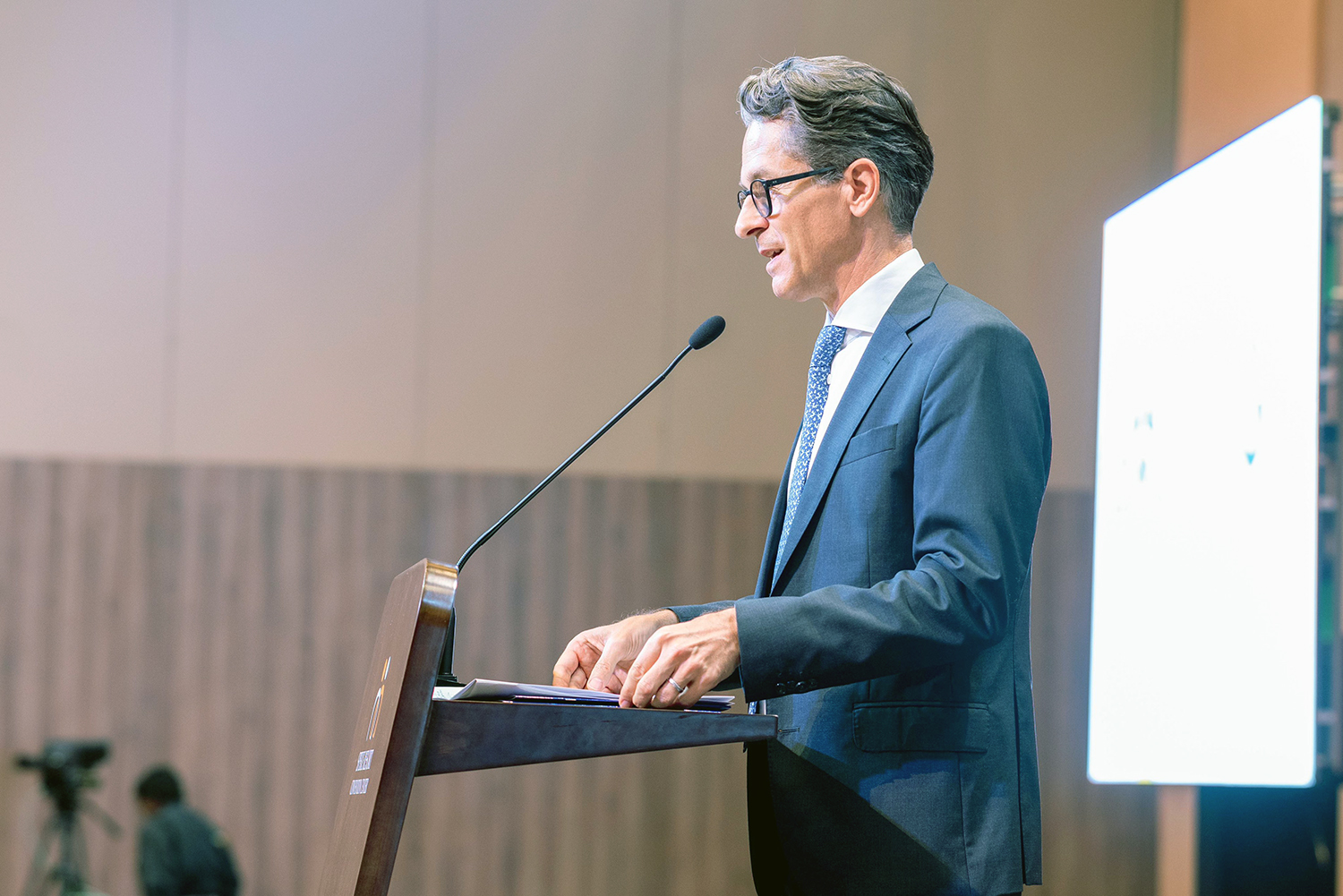
H.E Jan Sadek, the EU Ambassador to Uganda, speaks at the conference.
The European Union (EU) has pledged EUR 150 billion (about UGX602 trillion) to support the energy transition in Sub-Saharan Africa over the next 15 years, as part of its Global Gateway strategy.
Speaking at the Renewable Energy Conference in Kampala on October 31, Jan Sadek, EU Ambassador to Uganda, emphasized the critical role of the Global Gateway in meeting Uganda’s and the region’s energy needs.
“Our ambitious goal is to mobilize 300 billion Euros by 2027 across the globe, with 150 billion Euros of investments as the target for Sub-Saharan Africa. Some EUR 3.4 billion of EU funding is dedicated to support the transition to renewable energy and enhance energy efficiency in Sub-Saharan Africa. Through these investments, we aim to deploy at least 50 GW of additional renewable electricity and connect at least 100 million people to electricity across the continent by 2030,” he said
- Clean energy, which includes solar, wind, hydro, geothermal energy, among others, refers to energy derived from renewable, zero-emissions sources that do not destroy forests or pollute the atmosphere when used.
Though Uganda is one of the African countries that are still lagging behind in clean energy access, the country’s Vision 2040 aligns closely with the EU’s climate resilience objectives, and the Global Gateway funding could help bridge the gaps and accelerate Uganda’s and the region’s path toward energy independence and environmental sustainability.
“As Uganda’s largest development ally, we mobilize financing that seeks to leverage investments, both private and public, that prioritize green and climate transition, sustainable growth, and job creation,” he said.
- He added; “Team Europe is at the forefront of key initiatives, catalyzing progress through strategic investments and collaborative efforts, with a focus on rural electrification, renewable energy, and regional energy connectivity.”
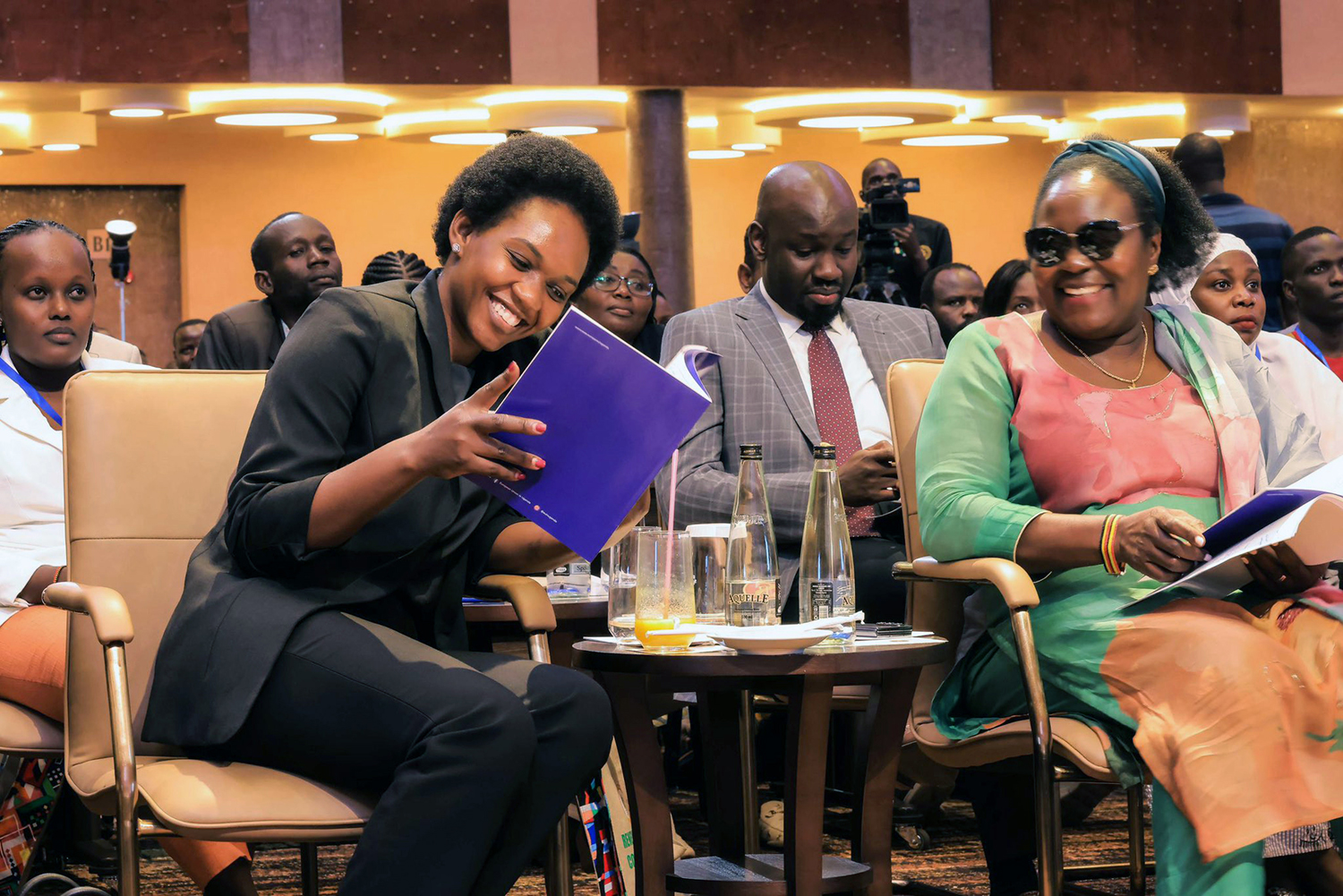 Dr. Nankabirwa (R) chats with Phionah Nyamutoro, the State Minister for Minerals, at the conference.
Dr. Nankabirwa (R) chats with Phionah Nyamutoro, the State Minister for Minerals, at the conference.He noted initiatives and flagship programs of Team Europe that seek to support a just and clean energy transition in line with Uganda’s Vision 2040 and National Determined Contribution (NDC), as well as its ambitious Energy Transition Plan launched at the climate COP28 in Dubai in 2023.
At the conference, Hon. Ruth Nankabirwa, Uganda’s Minister of Energy and Mineral Development, called upon Ugandans to transition to cleaner, healthier cooking methods, emphasizing the role of Liquefied Petroleum Gas (LPG) as a more sustainable and economical option.
“It’s time for Ugandans to embrace clean cooking methods and abandon traditional practices that not only harm the environment but also pose serious health risks,” Nankabirwa stated.
Dispelling common misconceptions, Nankabirwa added, “Using LPG is actually more economical than charcoal when used efficiently. It not only saves money but also conserves our forests and reduces the burden on healthcare services due to fewer smoke-related illnesses.”
- Her call to action aligns with Uganda’s Vision 2040 and reflects the government’s commitment to sustainable development.
- Nankabirwa recently signed a Supply and Purchase Agreement with Global Gases Group to establish a Liquefied Petroleum Gas (LPG) storage facility and cylinder manufacturing and filling plants, aimed at boosting LPG usage across the country.
The company would produce 500,000 cylinders of various sizes (3 kg, 6 kg, and 12 kg) annually for Ugandan consumers.
Uganda officially launched its ETP at the 2023 United Nations Climate Change Conference (COP28) in Dubai, United Arab Emirates, which marked the conclusion of the first ‘global stocktake’ of efforts to combat climate change.
In the past five years, the EU has mobilised for the EU-Uganda energy partnership about EURO 200 million in grants, with the potential to attract more than EURO 1 billion in investments, officials said.



.jpg)

